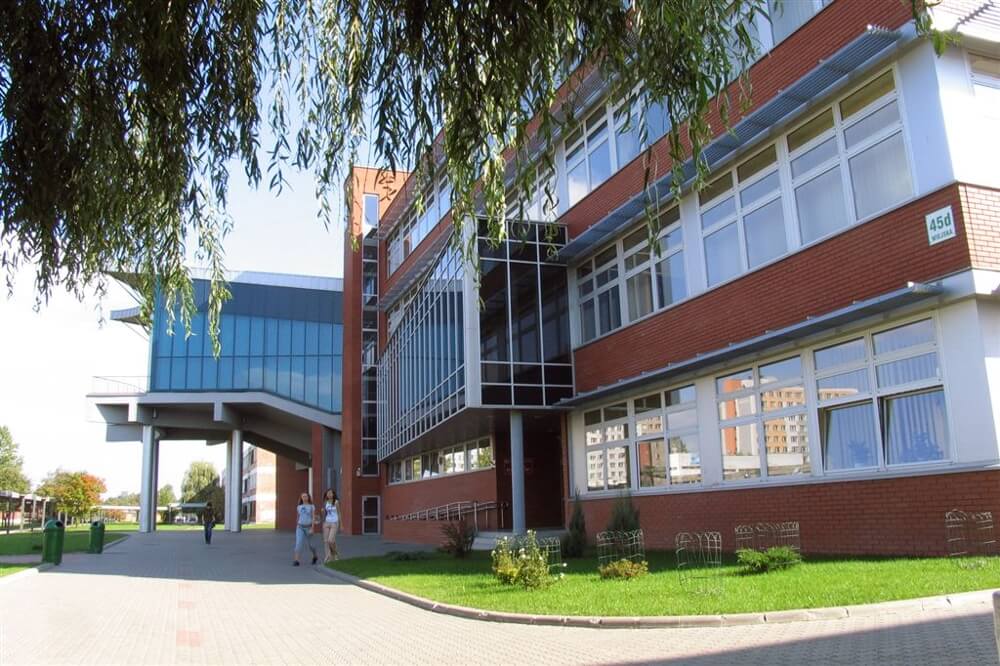
Bialystok University of Technology (BUT)
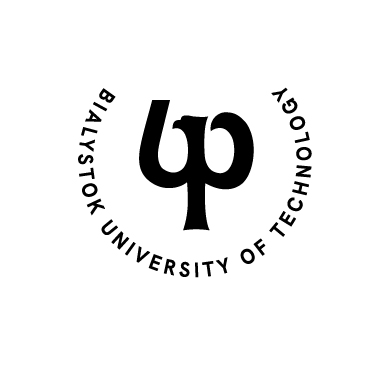
is the largest public technical university in the north-east part of Poland. Established in 1949, it has over 7200 students, 640 teachers, 600 administrative staffs, nearly 140 bilateral agreements on scientific and educational cooperation with foreign partners, over 340 Erasmus+ bilateral agreements and 20 double-degree agreements. From Architecture, through Automatic Control and Robotics, Biomedical Engineering, Civil Engineering, Environmental Engineering, Electrical Engineering, Computer Science, Logistics, Mechanical Engineering, Mechanics and Construction of Machinery, and Forestry, to Management – BUT offers 30 first degree and 24 second degree courses. Some of them are conducted in English: Logistics, Mechatronics, and Management.
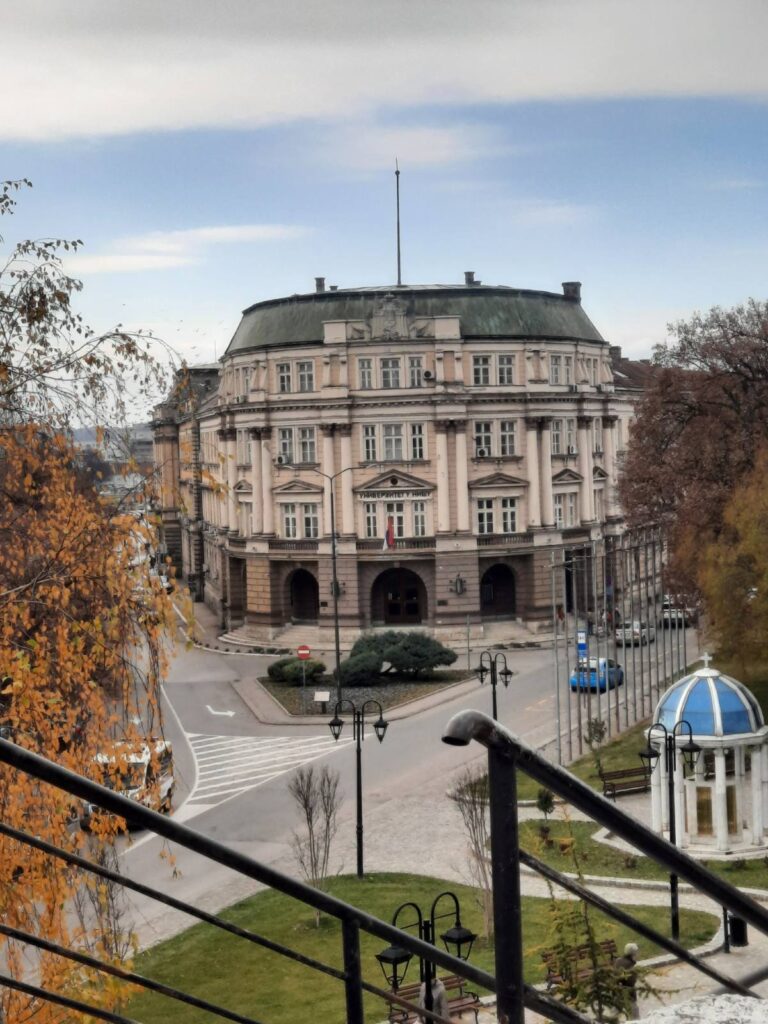
University of Niš (UNI)
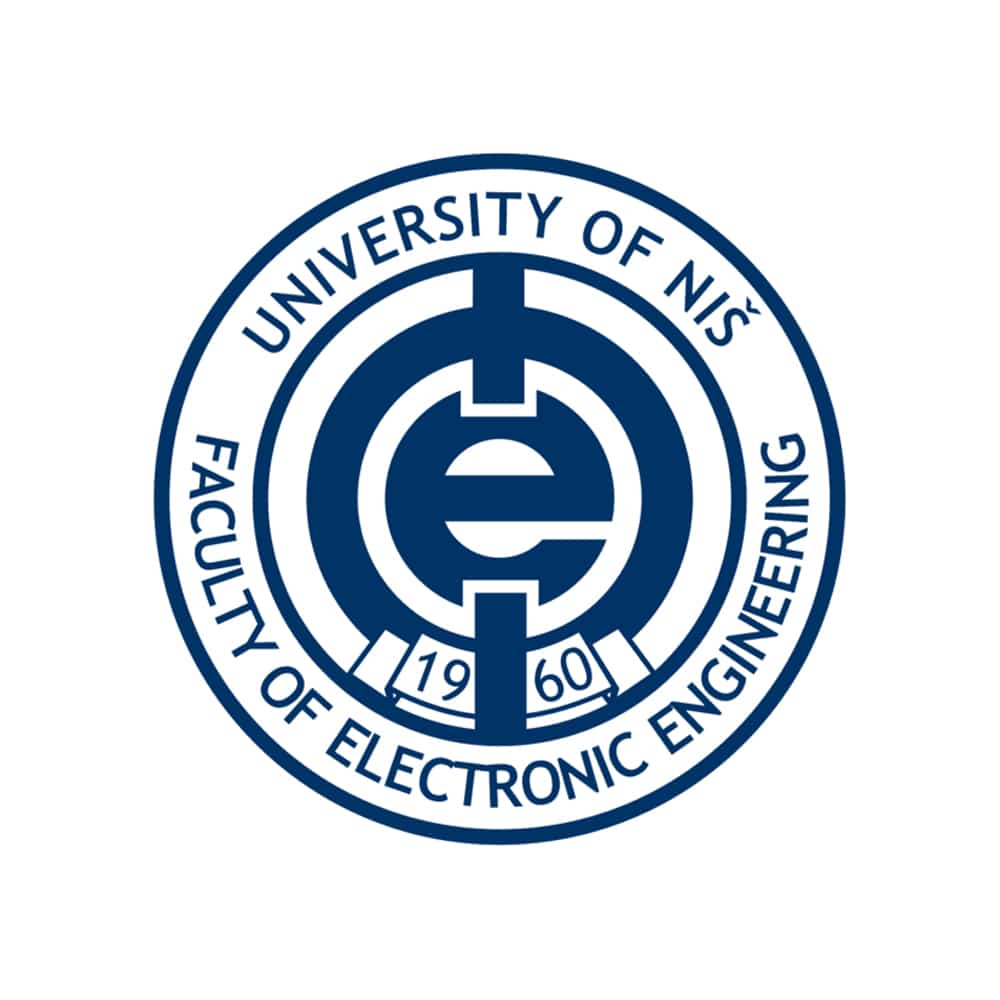
was founded in 1965 as a state HE institution. It is a medium-sized, mature and well developed academic community, comprising 14 faculties: Faculty of Civil Engineering and Architecture, Faculty of Economics, Faculty of Electronic Engineering, Faculty of Arts, Faculty of Law, Faculty of Mechanical Engineering, Faculty of Medicine, Faculty of Occupational Safety, Faculty of Philosophy, Faculty of Physical Culture, Faculty of Science and Mathematics, Faculty of Technology and Faculty of Education. The fourteenth – Faculty of Agriculture has recently been founded and it enrolled the first generation of students in the academic year 2018/2019. Most of those faculties have composite structure, i.e., various departments, divisions or majors, offering wide and diversified study and research opportunities at both undergraduate and graduate levels, including opportunities to obtain a PhD degree. The University of Niš presently has 24669 students at all levels of studies, 1723 teaching staff and 686 administrative and support staff.
The UNI is one of six state universities in Serbia. It is located in Niš in the south-east part of country. Niš has more than 300000 citizens and it has a well-developed transport infrastructure. It has an airport with regular airplane lines connected with larger European cities and it is about 230 km far away from Belgrade, the capital of Serbia. Niš was known as “A City of Electronics” because of the industrial giant – “Electronic Industry of Niš”, which had about 20000 workers during 1980s.
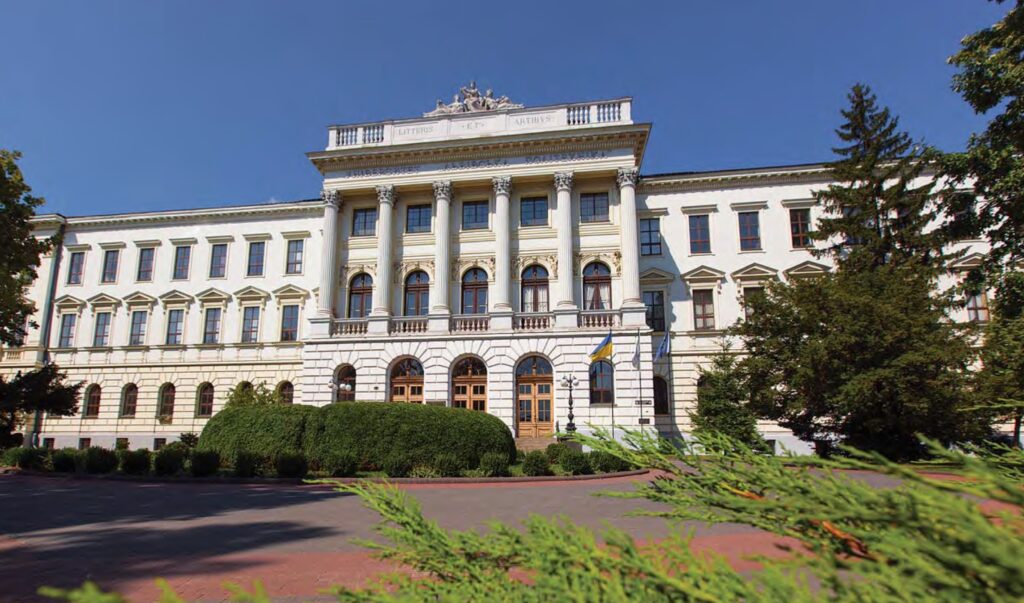
Lviv Polytechnic National University (LPNU)
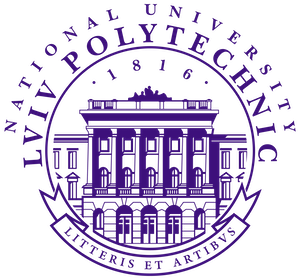
Lviv Polytechnic National University (LPNU) is a higher education institution located in Lviv, Ukraine. It was founded in 1844 and is one of the oldest technical universities in Eastern Europe. LPNU is a state-owned university that provides education in various technical, engineering, and scientific fields. It is a research-intensive university with a focus on innovation and technology. The university offers undergraduate, graduate, and postgraduate programs in a wide range of disciplines, including mechanical engineering, computer science, architecture, civil engineering, electrical engineering, electronics, chemical engineering and many others. LPNU employs around 2,200 full-time research and academic teaching staff, including professors, associate professors,and researchers. The university has a diverse student body of approximately 32,000 students, including about 30,000 students of Bachelor’s and Master’s degrees of higher education, 1620 postgraduate students and doctoral students, and also in spite of the war about 250 international students from around the world. LPNU has a modern campus with state-of-the-art facilities, including lecture halls, research laboratories, computer centers, innovation center “Tech Start-up School”, and libraries. The university has a strong focus on innovation and entrepreneurship, and it offers various programs and opportunities for students to develop their skills and knowledge in these areas. During the difficult years of 2022-23, amidst war, the university undertook several research activities, including 28 research
works funded by state general funds, over 260 research contracts commissioned by domestic enterprises and firms, 23 international research projects and grants, and over 50 applications for collective international research projects and grants. In addition, the university produced 248 monographs and 1332 articles in publications that are included in international scientometric databases.
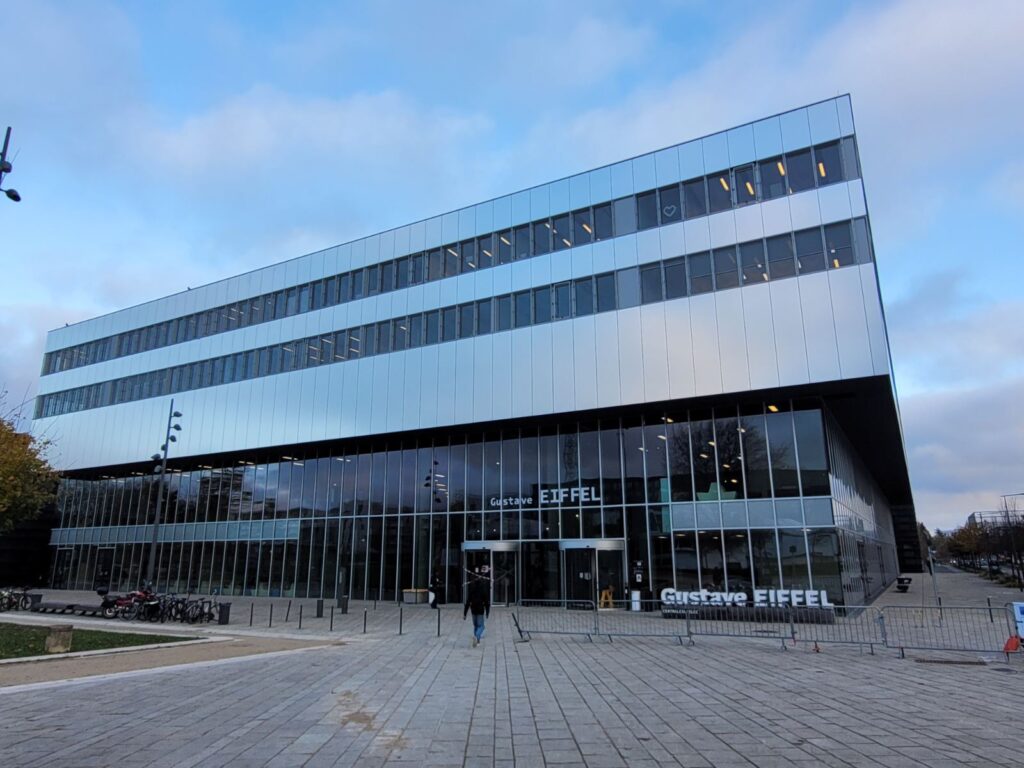
CentraleSupélec (CS)

CentraleSupélec (CS) is a science, engineering and technology higher education institution known as a ‘Grande Ecole’ in France. CS operates multiple programs, spanning from Bachelor’s, the Engineering ‘Grande Ecole’ program, Master’s to PhD. It trains engineers, executives, managers, entrepreneurs, and doctoral candidates for the benefit of economic development and for research. CS recruits nearly 1000 students per year in its Grande Ecole program. After a 2-year intensive preparation in maths and
physics, for which they are rigorously selected in high school, students sit a national entrance exam to gain admission into the ‘Grandes Ecoles’. In addition, an international incoming Double Degree programme is offered to the best students from a number of international partners of CS.
CS has developed an extensive network with 80 high-level academic partners for Double Degree programs and exchanges and more than 100 additional partners for credit mobility only. CS also enrolls around 100 Double Degree students and 100 credit-seeking students from its partners each year. CS has 17 research departments or teams offering a large scientific spectrum covering all Engineering and System Sciences. Its research aims to contribute to major technological and societal challenges through the progress of knowledge and its impact. Seven key issues are directly targeted: Health and Bio-engineering, Energy, Electronics and Electromagnetism, Communication systems, Environment and risks, Aeronautics and Transportation, Nanoscience, and Business Systems. Amongst nearly 400 researchers, 300 also teach the students, delivering the best of their knowledge and expertise. Locally, CS is a founding member of Université Paris-Saclay with 13 other institutions (universities, Grandes Ecoles, research organisations) and, more specifically, its Graduate School of Engineering and Systems Sciences coordinator. Nationally, CS is leading the Group of Ecoles Centrale (Lille, Lyon, Marseille and Nantes), a group of 5 French institutions in Engineering Education. The group has been among the first French Engineering institutions to export their excellence and teaching model abroad: a 6-year Engineering programme in Beijing (Ecole Centrale Pékin, 2005), a 3-year graduate Engineering programme in Morocco (Ecole Centrale Casablanca, 2013) and a 4-year undergraduate programme in India (Mahindra Ecole Centrale, 2014).

